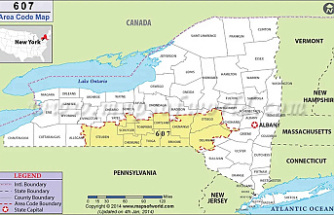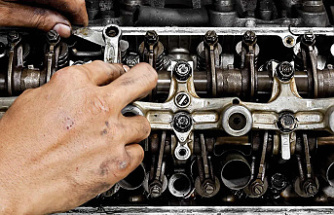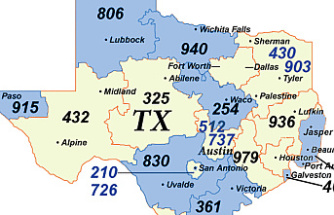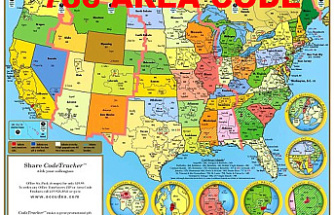The sugary drink tax that Boulder voters approved in November is expected to generate close to $4 million in revenue over its first full year in action, but it has never been the case that those who proposed and voted for the tax are entitled to any say over where the money goes.
And now, four months ahead of the tax's implementation, the group that authored the ballot measure is asking the city not to stray too far from the tax's intended purpose: to dissuade the purchase of soda and other sugary drinks by making them pricier, then using tax revenues to promote more positive and equitable medical outcomes, particularly among those people and communities where, many studies haves shown, public health is disproportionately weakened by liquid sugar.
But Healthy Boulder Kids, the group that petitioned and campaigned for the tax — the steepest in the country, at 2-cents-per-fluid-ounce, on distributors of most beverages with at least 5 grams of added sugar per 12 ounces — was all along prohibited by statute from directing the city to use the revenues in any specific way.
In comments to the Boulder City Council earlier this month, City Manager Jane Brautigam recommended the council be faithful to the tax's general intent but also funnel the money into the city Human Services Department's policy goals.
"I do think that some community members that were supportive of (the ballot measure) thought that they, or a subset of their group, was going to get to tell the city how that money should be spent," Brautigam said. "However, those dollars are tax revenues that come into the general fund of the city. And so the council will be making a policy decision about (how) you want to use those dollars."
The ballot language voters approved, by a 54-46 split, specified that the money can't be used for just anything.
Revenues collected must go toward "the administrative cost of the tax, and thereafter for health promotion, general wellness programs and chronic disease prevention," the ballot read, noting several examples of appropriate uses, including improving access to clean water, healthy food, nutrition education and physical activity.
Boulder may look to use sugary drink tax revenue, in addition to recreational marijuana tax revenue, to help fund an upcoming, unfinished Human Services strategy that will focus on at combating poverty through the promotion of "economic mobility and resilience."
In an interview Monday, Allyn Harker, a board member with Healthy Boulder Kids, said there is some concern about the city using the money to bolster current initiatives.
"Those things the city already funds, those things that are already in the budget — we are really hoping to see inroads being made into health equity. So, not just doing the programs that are existing now, but maybe working with smaller nonprofits that don't work with the city as much now," Harker said.
"It would be really wonderful if some of the (revenue) was used to fund new things and establish new partnerships."
Healthy Boulder Kids has issued the city a series of recommendations for how the revenue should be used after the tax goes into effect July 1.
The recommendations include: increase fruit and vegetable consumption; improve fitness opportunities; support community organizations that serve the people most impacted by health issues associated with sugary drinks; and advocate for improved mental health and against "systemic issues" that affect health.
Healthy Boulder Kids has also asked Boulder to develop a "health equity committee to oversee allocation of funds collected."
High income inequality is a consistent drag on overall health outcomes in the city and Boulder County, as noted in the Robert Wood Johnson Foundation's annual County Health Rankings. Hence the insistence on "equity" programs, Harker said.
"The revenue from the tax needs to go toward health equity or it becomes a regressive tax, which is absolutely not our intention," Harker added. "We want to make sure the city of Boulder understands.
"Many people think of Boulder as being a very healthy city but health equity is when all people have equal access to the ability to have a healthy life, and we don't have that here."
Jamie Harkins, Boulder sustainability coordinator, said that city staff is focused at the moment on how the tax should be collected in the first place, but will consult with the council on April 4 about whether the committee Healthy Boulder Kids recommends should be formed, and about where the money should be spent.
Harkins also said she expects "a pretty broad community campaign" to solicit feedback on how the money should work.
Alex Burness: 303-473-1389, burnessa@dailycamera.com or twitter.com/alex_burness
Our editors found this article on this site using Google and regenerated it for our readers.












